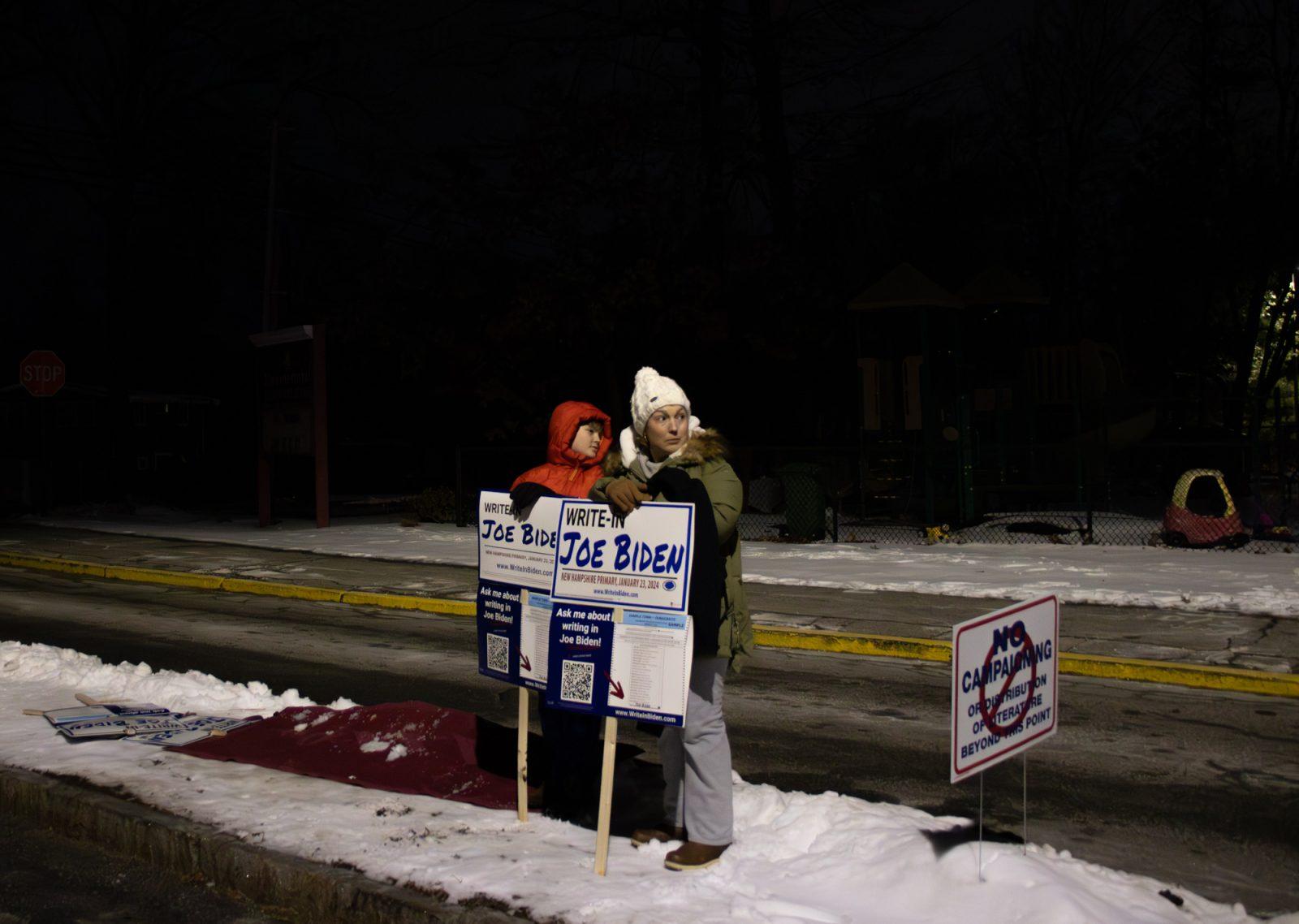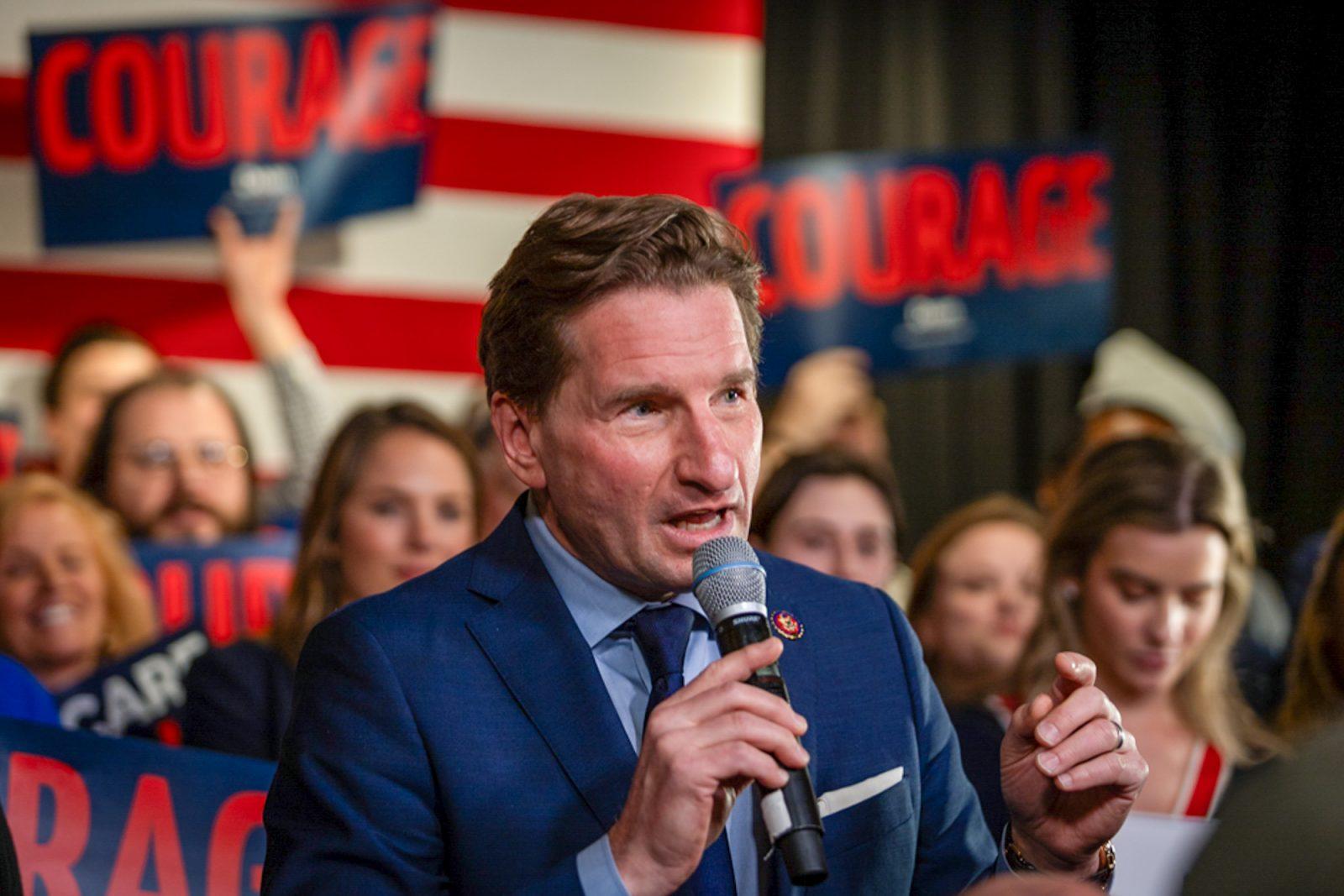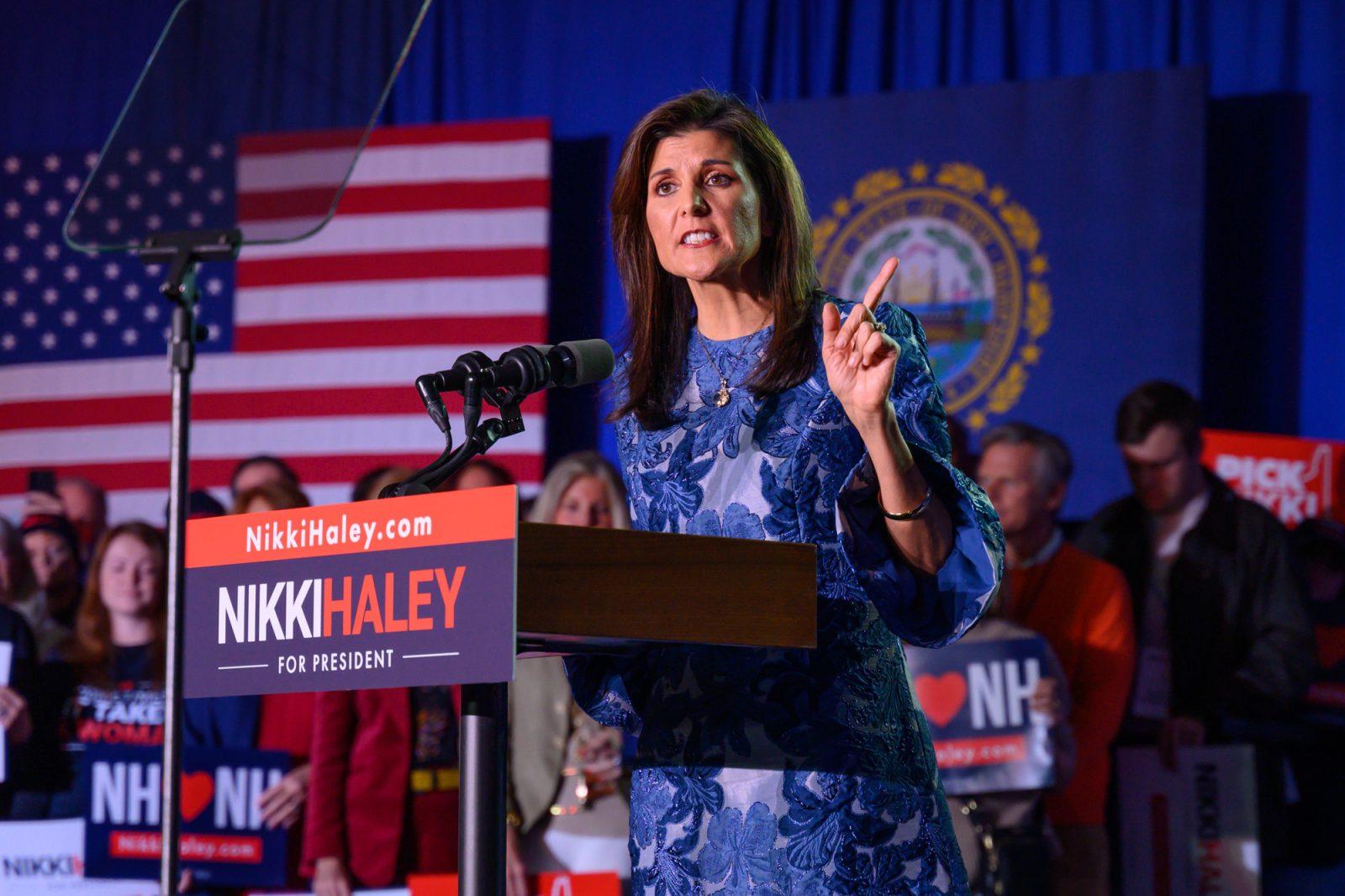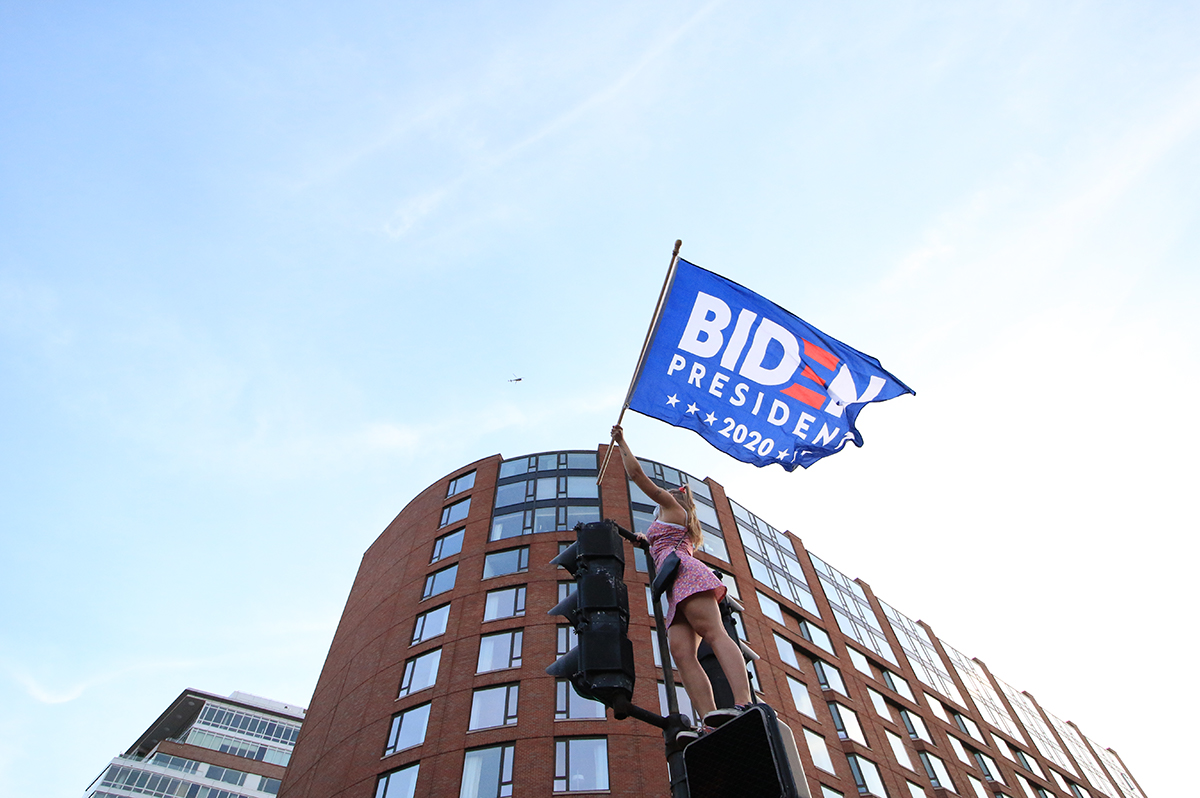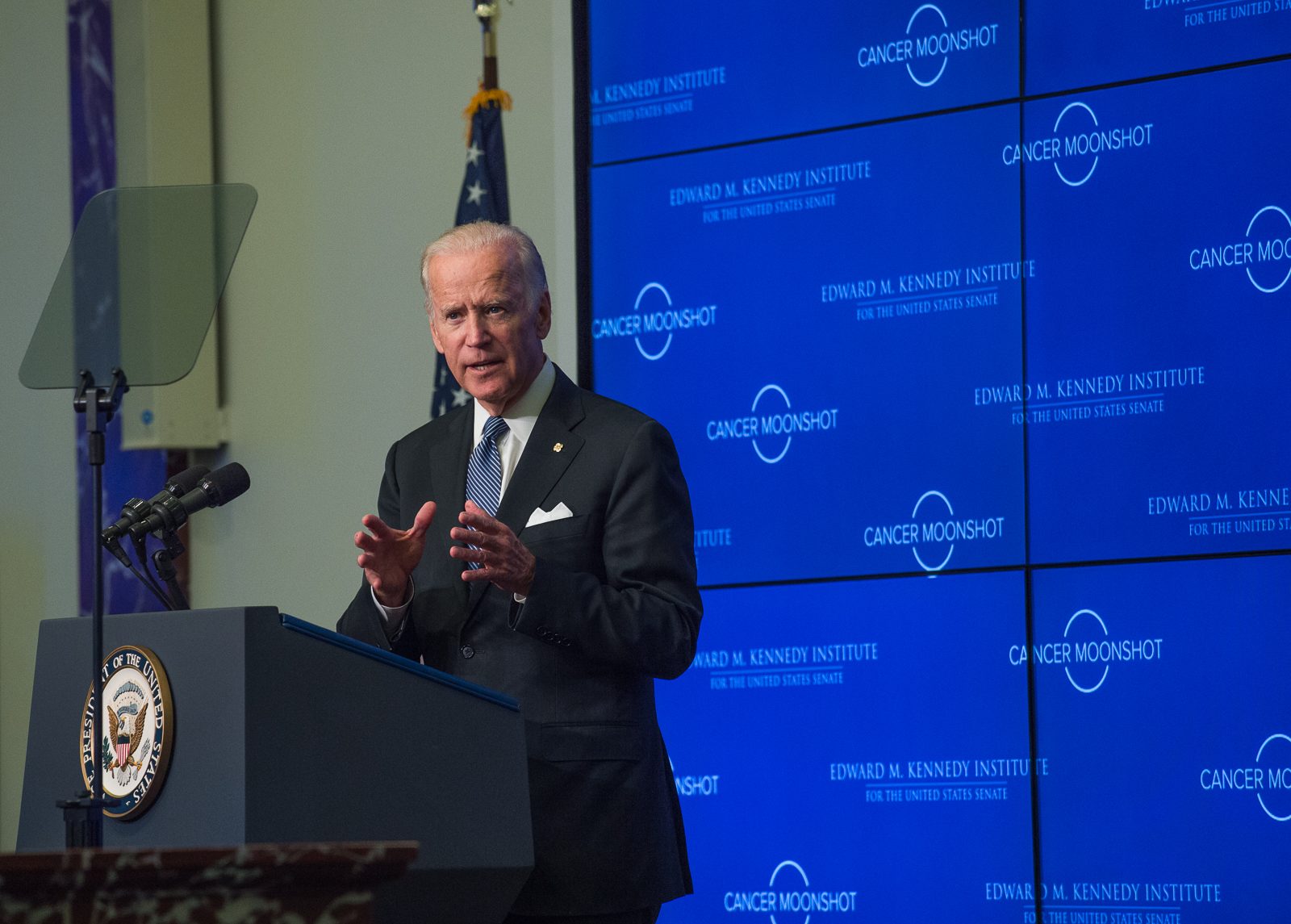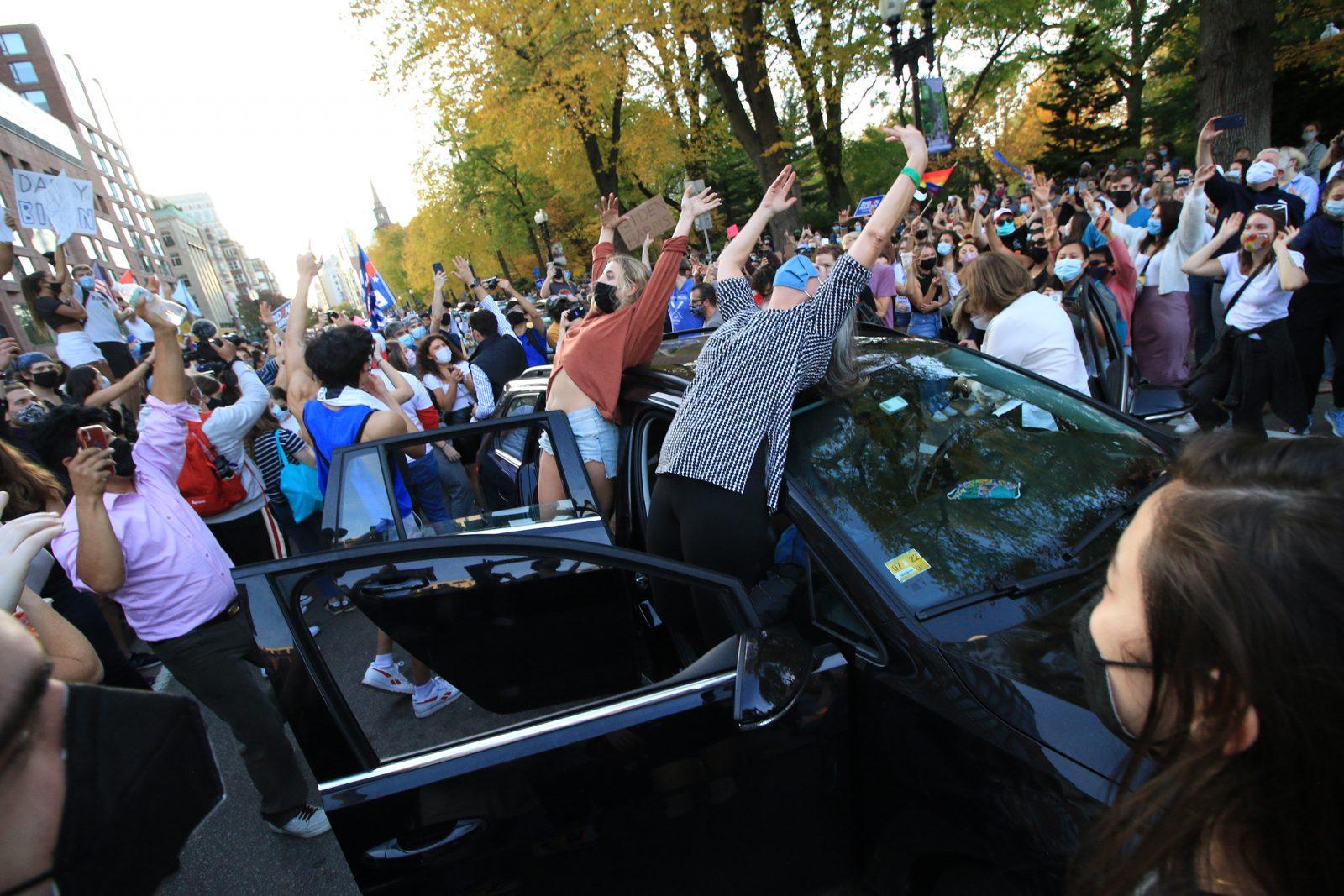As Democratic hopefuls move toward Massachusetts’s upcoming primary election day on March 3, the discussion of voter participation in the Commonwealth has been reignited.
New Hampshire set a state party record Tuesday for voter turnout in a Democratic presidential primary, with registered voters casting nearly 12,000 more ballots than the previous record set in 2008, according to certified totals released by the New Hampshire Secretary of State’s Office on Wednesday.
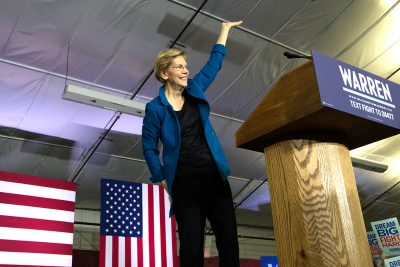
The record for total turnout for a presidential primary in Massachusetts is set at 43.98 percent, reached in 1980. The 2016 primary nearly — but not quite — surpassed that record with 43.62 percent of voters turning out.
Kristina Mensik, assistant director of Common Cause Massachusetts, a nonpartisan organization that promotes election participation, said low voter turnout means the government will not reflect the needs of the people it serves.
“We have a long history of political inequality,” Mensik said. “It means that a limited group of citizens have a disproportionate representation and impact on the policies that govern us and our elected officials.”
Voter turnout is important this year, Mensik said, because it is important every election year to any constituency that hopes to make headway on the issues citizens care about.
Mensik said one main goal of Common Cause is to remove the requirement that Massachusetts residents be registered voters 20 days before the election to participate. Instead, she thinks allowing people to register at polling locations the day of the election would increase voter turnout.
“Here at Common Cause, our focus around voter registration and turnout has been putting all of our energy into trying to dismantle this core barrier to political participation,” Mensik said, “which is our 20-day registration deadline.”
Beth Huang, director of Massachusetts Voter Table, a coalition of community organizations that promote civic engagement in underrepresented communities, said voters who think their vote doesn’t count should consider the power of an entire community’s ballots.
“It’s not just about you. It’s not just about me,” Huang said. “Voting is about us showing our collective power and showing what our community’s needs are.”
Huang also said voter turnout can drop when communities feel their leaders are not advocating for the community’s needs.
“There’s a real vicious cycle of when we don’t vote, we don’t see ourselves reflected, and when we don’t see ourselves reflected or our needs being met, then we don’t vote,” Huang said. “So what we try to do to break the cycle is by working with community organizations to identify the salient and relevant issues.”
John Portz, professor of political science at Northeastern University, said a diverse range of voters is essential to scoring the Democratic nomination in 2020.
“A low voter turnout in the general election from minorities, from people of color would certainly be a problem for the Democratic Party,” Portz said. “I think they know that and are concerned about that because that’s a pretty important component of the Democratic vote.”
Arthur Sedrakyan, 20, of Back Bay said that he has not paid attention to the 2020 election.
“I don’t really pay attention,” Sedrakyan said. “My parents talk to each other [about politics]. I just go in my room and that’s it.”
Charlie Kim, 21, of Roxbury said he prefers to avoid the contentious nature of politics.
“I don’t really keep up with the politicians or anything like that,” Kim said. “I really didn’t vote either last year. I like keeping out of these things because they seem to cause a lot of conflict.”
Alexis Yang, 19, of Cambridge said she believes voting matters more than some people think.
“A lot of people don’t realize this,” Yang said, “but we will be affected by who gets elected into office. You might not see the effects right now, but you will in the future.”























































































































